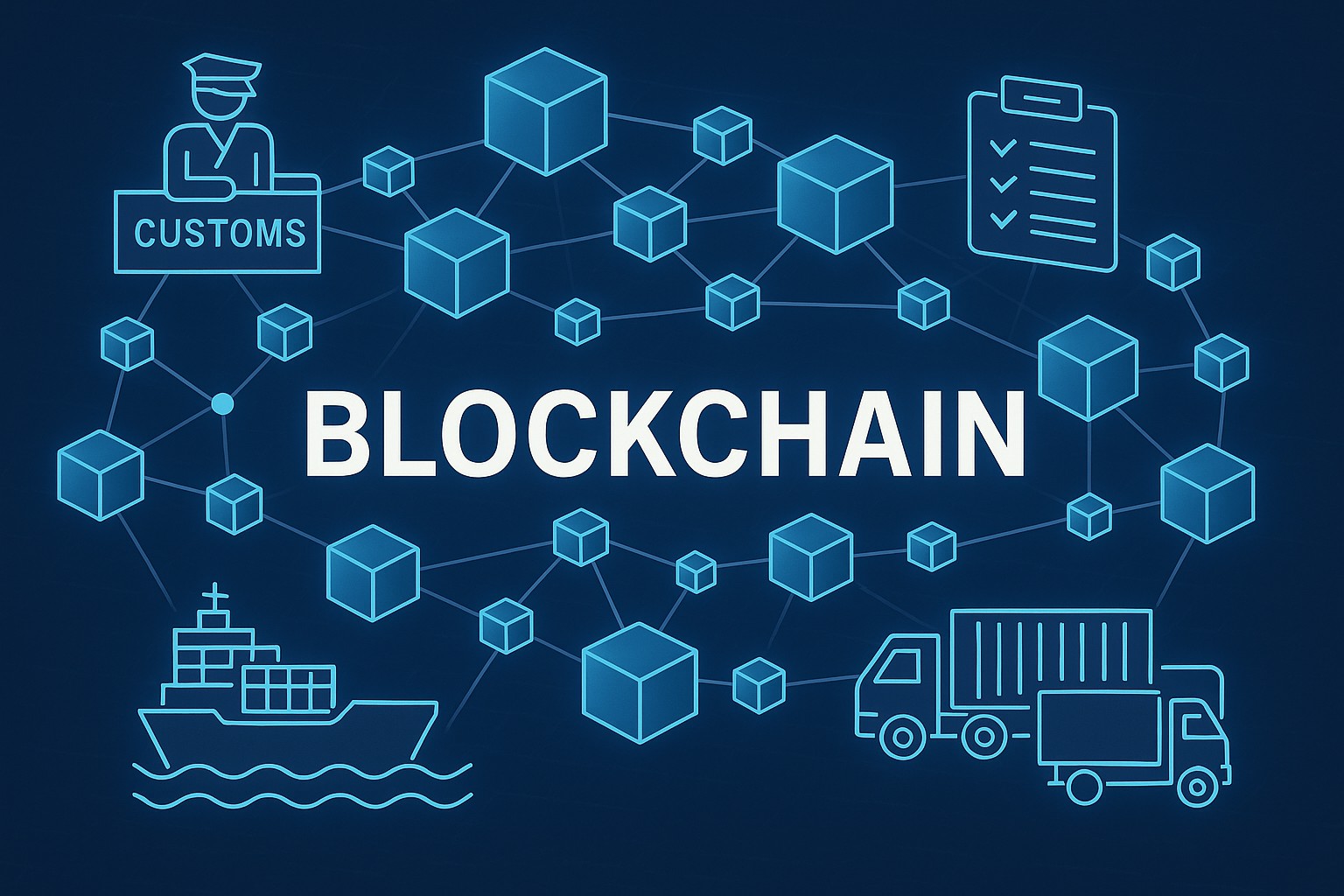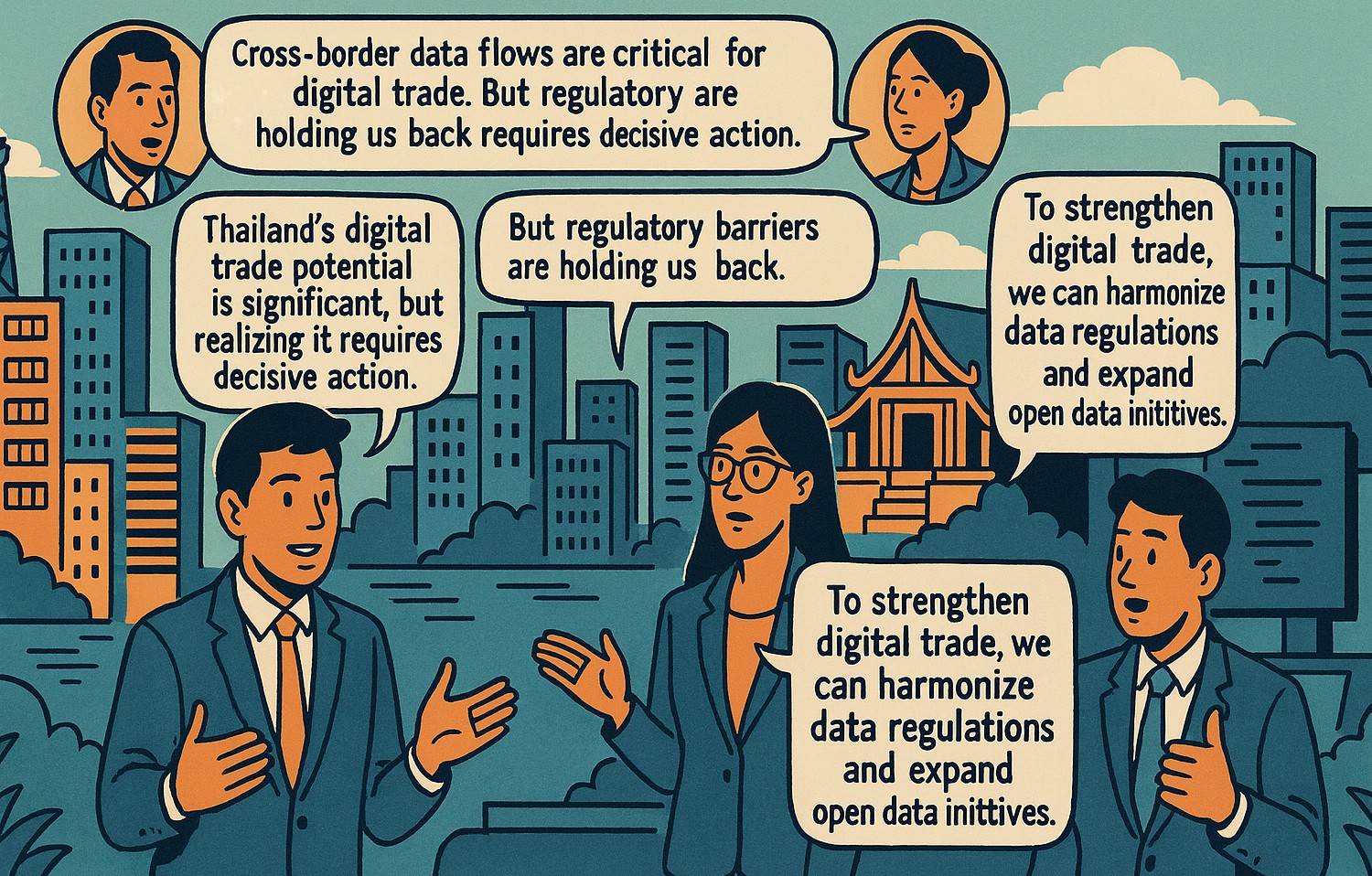interoperability
-
Digital trade has become a core component of global commerce. Yet, many countries remain tied to paper-based legal and administrative systems. The Commonwealth Model Law on Digital Trade (2025) was developed to provide member states with a unified and modern legal framework that removes barriers to the legal recognition of electronic documents and digital processes. Read more
-
Towards a Trusted Digital Trade Framework: Why the European Trade Indexes Registry (EUTIR) Matters
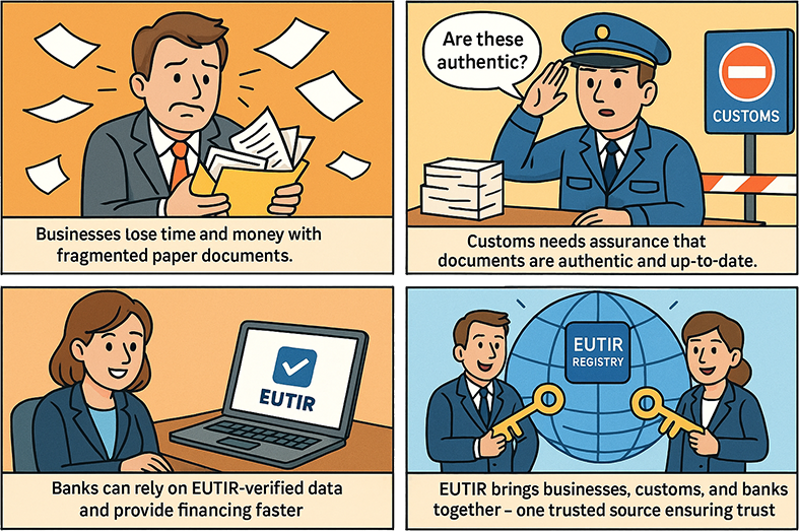
In September 2025, the DigitalTrade4.EU consortium submitted its consolidated feedback to the European Commission: “Towards a Trusted Digital Trade Framework: The Role of the European Trade Indexes Registry (EUTIR).” This document brings together insights from 96 separate submissions and distills them into a strategic vision for Europe’s future digital trade ecosystem. What is EUTIR? The Read more
-
Digital Assets, Electronic Trade Documents, and the Challenge of Private International Law

In June 2025, the Law Commission of England and Wales published Consultation Paper No. 273 on Digital assets and (electronic) trade documents in private international law, including Section 72 of the Bills of Exchange Act 1882. The paper addresses one of the most pressing questions in modern commerce: how should cross-border disputes involving blockchain, crypto-tokens, Read more
-
Unlocking Europe’s Financial Data Future: Insights from the FiDA Debate

The European Union’s proposed Financial Data Access Regulation (FiDA) is emerging as a cornerstone in the ongoing transformation of Europe’s financial markets. The regulation aims to establish a comprehensive framework for data sharing across the financial sector, building on lessons from PSD2 and aligning with broader initiatives in open finance, digital identity, and the EU’s Read more
-
The Economic Commission for Latin America and the Caribbean (ECLAC) recently published a study titled “The Potential Use of Blockchain in International Trade and its Facilitation” (International Trade Series No. 188, 2025). The report highlights how blockchain technology can reshape cross-border trade by fostering transparency, traceability, and efficiency in global supply chains. A Disruptive Technology Read more
-
The European Union’s Global Gateway (GG) has been presented as the Union’s flagship initiative to mobilise up to €300 billion in sustainable infrastructure and connectivity investment worldwide between 2021 and 2027. More than four years into its implementation, however, the strategy still faces the challenge of moving from political ambition to practical delivery. A recent Read more
-
The recently published report Ten Wins for Trade 2025 highlights ten concrete ways in which international trade has delivered prosperity, growth, and improved livelihoods worldwide. Among these achievements, one of the most transformative—and increasingly urgent—is the shift towards digital and paperless trade. From Burden to Breakthrough For decades, trade transactions relied on paper-heavy processes: physical Read more
-
Thailand stands at a pivotal moment in its digital transformation journey. With ambitions to reach high-income status by 2027, the country views the digital economy as a critical driver of growth and resilience. Within this broader ambition, digital trade—the exchange of goods and services enabled by cross-border data flows—has emerged as both an opportunity and Read more
-
India’s Landmark Maritime Overhaul: Understanding the Merchant Shipping Act, 2025
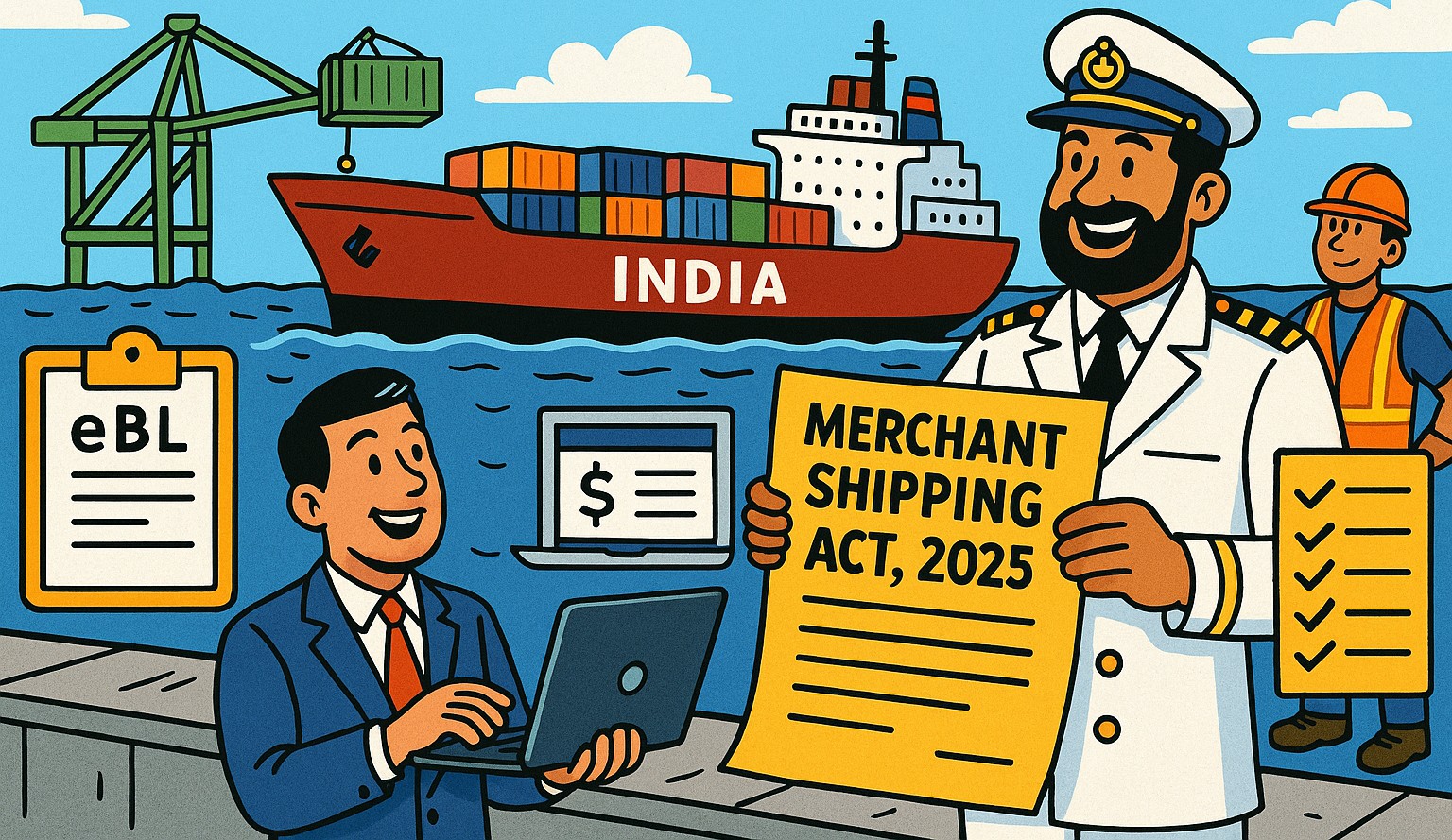
India has entered a new era of maritime governance with the enactment of the Merchant Shipping Act, 2025, which received the assent of the President on 18 August 2025. This legislation marks a turning point for the country’s shipping and trade sectors, as it replaces the Merchant Shipping Act of 1958, a law that had Read more
-
EU Businesses Scramble to Recalibrate Supply Chains Amid Global Trade Turmoil
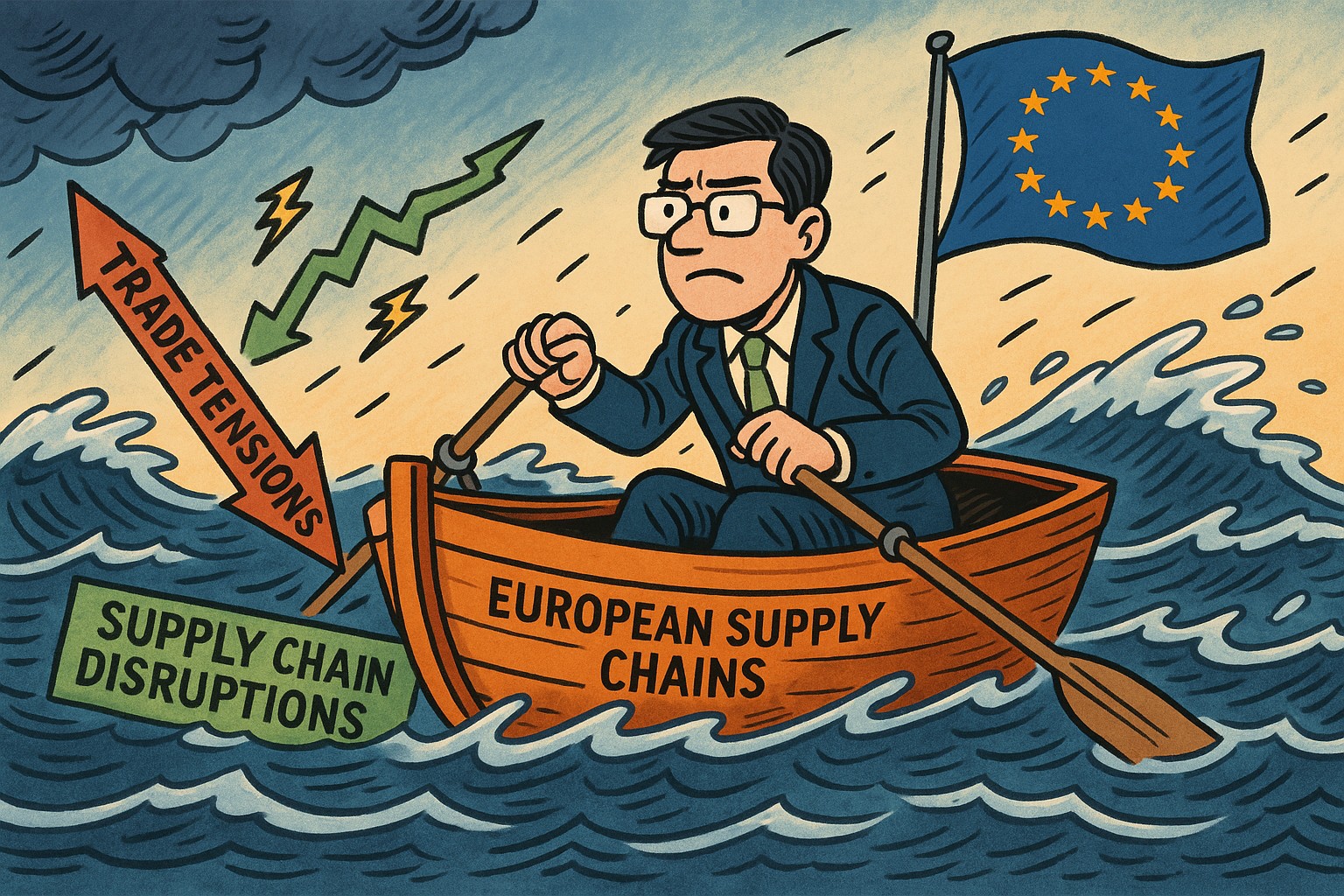
Brussels, June 27, 2025 – Faced with rising global trade tensions and escalating geopolitical uncertainty, European Union businesses are scrambling to adapt their supply chains, according to a new report from the European Investment Bank (EIB) released today. The report, “Shock Waves from Turbulent Times: How EU Businesses Recalibrate Supply Chains,” reveals that EU companies Read more


